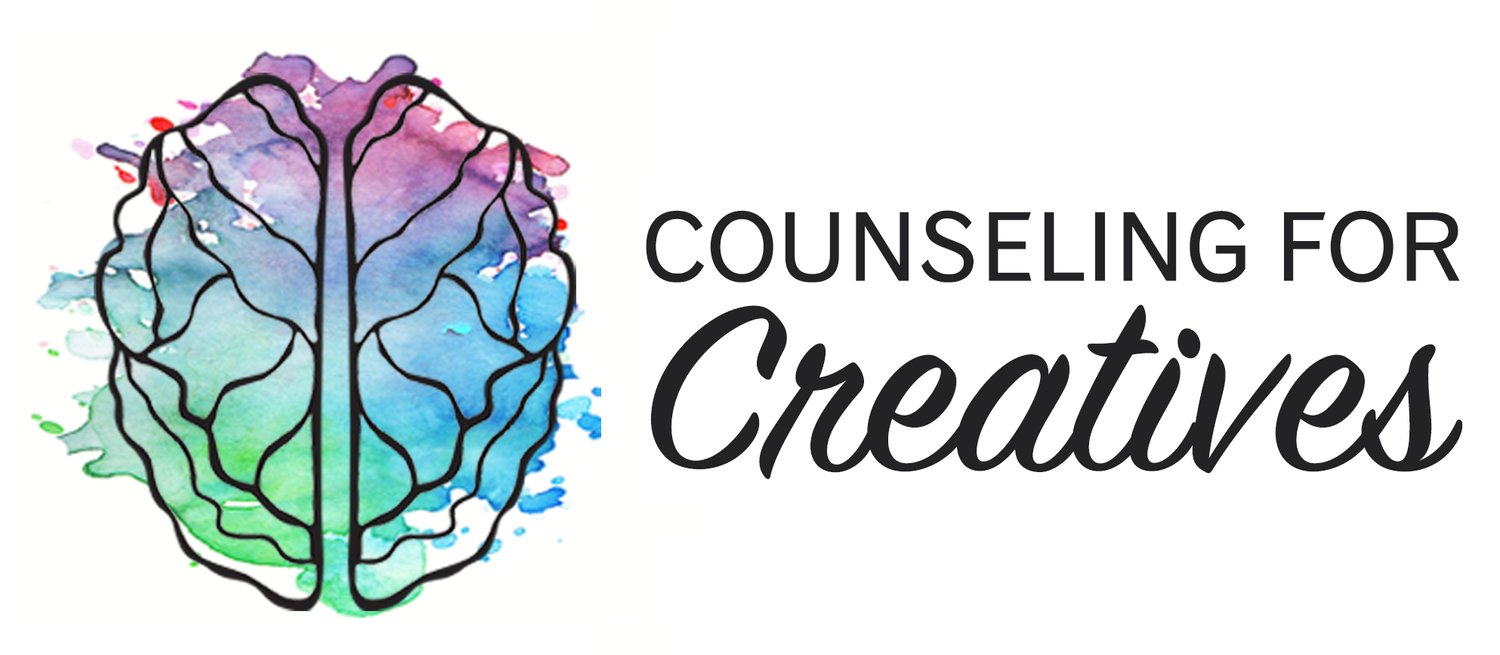How to love your whole self
Photo by Designecologist from Pexels
Self love means loving your whole self. It doesn’t mean loving just the pieces of you that you like and beating yourself up for the rest. It means radically accepting and loving every inch of you. It’s a lifelong commitment and process, just like loving a partner or a child. It takes work. Sometimes it’s easy and sometimes it’s devastatingly hard. I’ve seen this in my clients and in my own personal work. I thought I’d share what I’ve learned to help you start to love your whole self.
Loving yourself requires compassion and forgiveness, no matter how you think, feel or behave. When we love ourselves - even when we feel bad, even when we repeat patterns we don’t want to, even when we think thoughts we know are destructive - we open the door to healing and the healing happens faster. It’s counterintuitive because we tend to shame ourselves when we don’t “do the right thing”. But shame puts us in a dark corner and makes us hide, while showing ourselves compassion and forgiveness gives us the opportunity to grow, connect, and change. This also means having compassion for ourselves even when we haven’t been so compassionate with ourselves.
To have greater compassion and empathy for ourselves, we must develop an understanding of where these behaviors, thoughts, and feelings came from. Your experiences with your family of origin have wired your brain and body to think, feel, and react in specific ways. You act differently than your friends and family members because you are uniquely you. Your role in your family is yours alone. You found ways to cope with any hardships or trauma that worked for you. If the adults in your life helped you to process your emotions and made you feel safe, you’re likely better equipped to handle difficult feelings that come your way. If the adults responsible for you weren’t able to help you with your feelings, you learned to cope in whatever way was necessary to help you survive emotionally. Take a deep look at your history and ask yourself with true curiosity - “Why am I the way that I am?” Journal on it. If you’re able, ask family members to fill in any gaps. You may find some answers you hadn’t seen before. Working with a therapist can also help in this regard.
Once you’ve looked into how you were raised, it’s important to understand that as an adult, you now need to parent yourself. How would you have wanted to be parented? My guess is with acceptance, compassion, forgiveness, encouragement, and clear boundaries. This doesn’t mean we’re not accountable for our behavior. It doesn’t mean we don’t challenge ourselves to grow, change, or keep going. Often when people hear me suggest they be gentler with themselves, they say something like “But then I’ll never get anything done!” That’s simply not true. We’ve been conditioned to think that way. We live in a society that believes punishment is more worthwhile than rehabilitation, praises “tough love”, and thrives on the idea that some people are more worthy of love, protection, and compassion than others. Growing up this way has conditioned us to believe that we need to push ourselves relentlessly to achieve our goals and psychologically beat ourselves up when we don’t think, feel, or behave exactly how we believe we should.
Unconditional love for ourselves needs to include the understanding that our thoughts and feelings are just that - thoughts and feelings! Your thoughts and feelings do not make you a good or bad person. They are your mind and body doing what they’re wired to do. They’re not instructions on how to behave or what to say. They’re simply information about what’s going on in your world. When we don’t allow ourselves to feel and think freely, we end up stuck, repressed, anxious, depressed, caged, resentful, and sick. When you take a moment to feel your true feelings, think your true thoughts, pause, and breathe, you can then CHOOSE how you want to behave - the choice is where your freedom lies. In the end, our behavior is what matters most because that’s what affects other people the most, not what we’re thinking or feeling.
Learning to do this takes time. Self love is a lifelong journey. You will be challenged. It will be hard to do at times, especially when you think, feel, or act in a way that seems totally out of character for you. However, we all have the ability to have an ongoing tape in our heads that says, “I love you, no matter what.”

